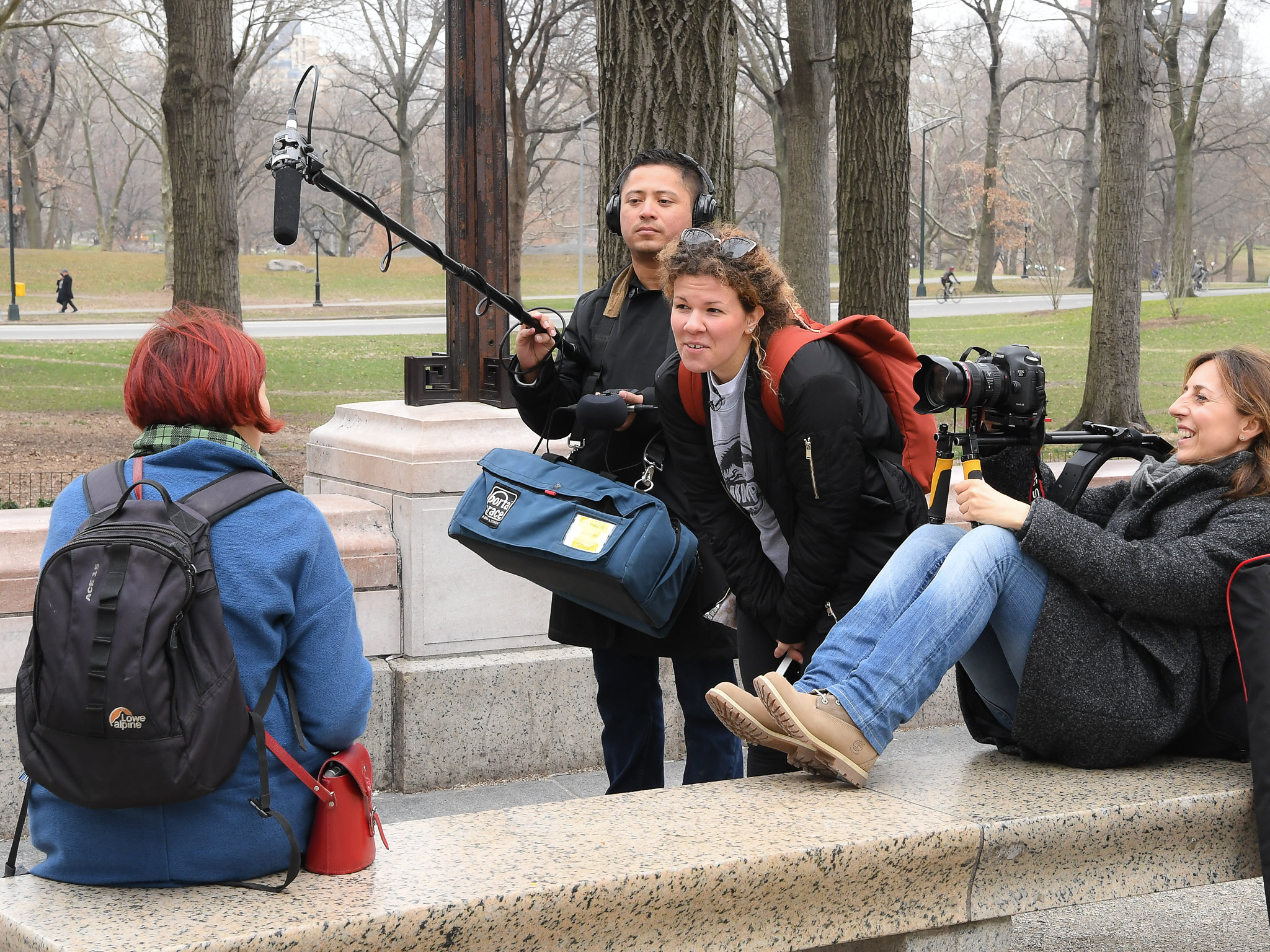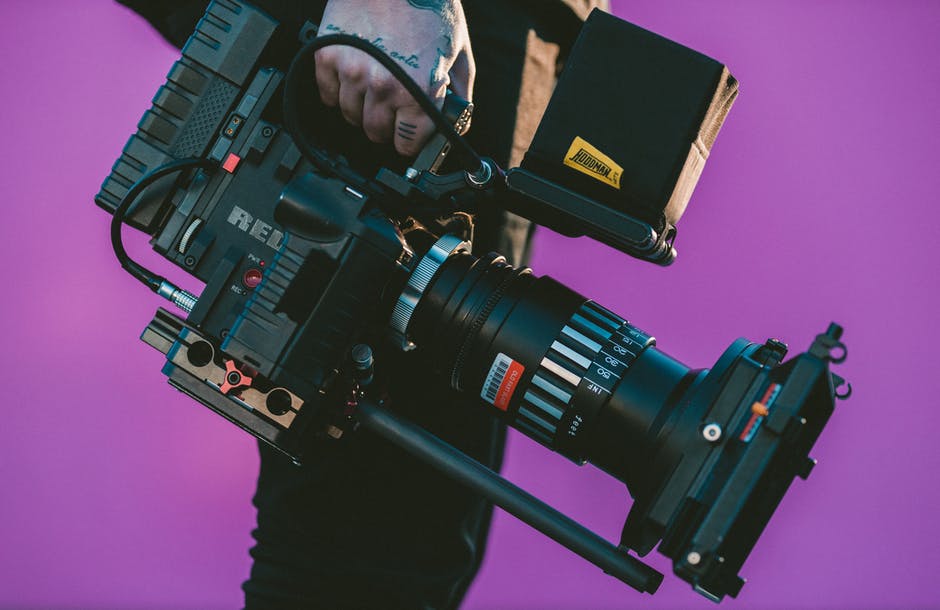by Sanora Bartels
When students ask me what’s the best thing they can do when starting out as a documentary filmmaker, I always tell them: “Join IDA!”
IDA is the International Documentary Association and students can join for $35 a year — a small price to pay given the wealth of access to high-level documentaries and their directors, producers, writers and editors.
To give a “for instance,” on Jan. 6, 2018, IDA held a Master Class with Rachel Grady & Heidi Ewing in Los Angeles, CA at Netflix Studio facilities — a beautiful new building next to the old KTLA building on Sunset Boulevard in Hollywood. Driving onto the lot was a pleasure and everyone involved with the day was enthusiastic and welcoming, including Netflix’s Director of Original Documentary Programming Jason Springarn-Koff. In other words, attendees were rubbing elbows with the people in charge of obtaining new work for Netflix.
More important than the welcoming atmosphere was the opportunity to hear Rachel and Heidi share their experiences making documentaries: Boys of Baraka, Jesus Camp, 12th & Delaware, Detropia, and their latest, One of Us.
They shared clips of their films and spoke specifically of the individual challenges faced with each project. Tickets were limited (100 people were in attendance in the filled to capacity screening room) and there was time for Q&A throughout the Master Class.

One of the most important pieces of advice Heidi and Rachel gave that day (and there were many) was to hold off pitching your project until you have secured unique access to the subject or story.
In this era of internet and email, the most important tool to help documentarians secure access is the phone. The filmmaker must make the call and connect one-on-one with the people important to the story. Once you have developed a relationship with the people involved, you can then pitch your story without fear of a production company saying, “Yeah, great idea, thanks for bringing it wrapped in bow, we’ll get right on that,” And then proceeding to put their own team on it.
Yet access can be tricky and often it’s not just as simple as a phone call.

While researching One of Us, the filmmakers learned about Footsteps, an organization designed to help individuals leave the Ultra-Orthodox world of Hasidic Judaism. With the permission of the organization, they hung out in the lobby of the non-profit for months in order to develop relationships with individuals and possibly use them to tell the story of the difficulty in leaving an oppressive community. Heidi and Rachel estimated that they spent nearly a year developing access and casting their documentary.
Spending a few hours with Heidi Ewing and Rachel Grady reminded me that Documentary Filmmaking requires patience and steel-eyed persistence tempered by a genuine compassion for your characters as they share their lives and story.
The reminder came at a bargain price.

